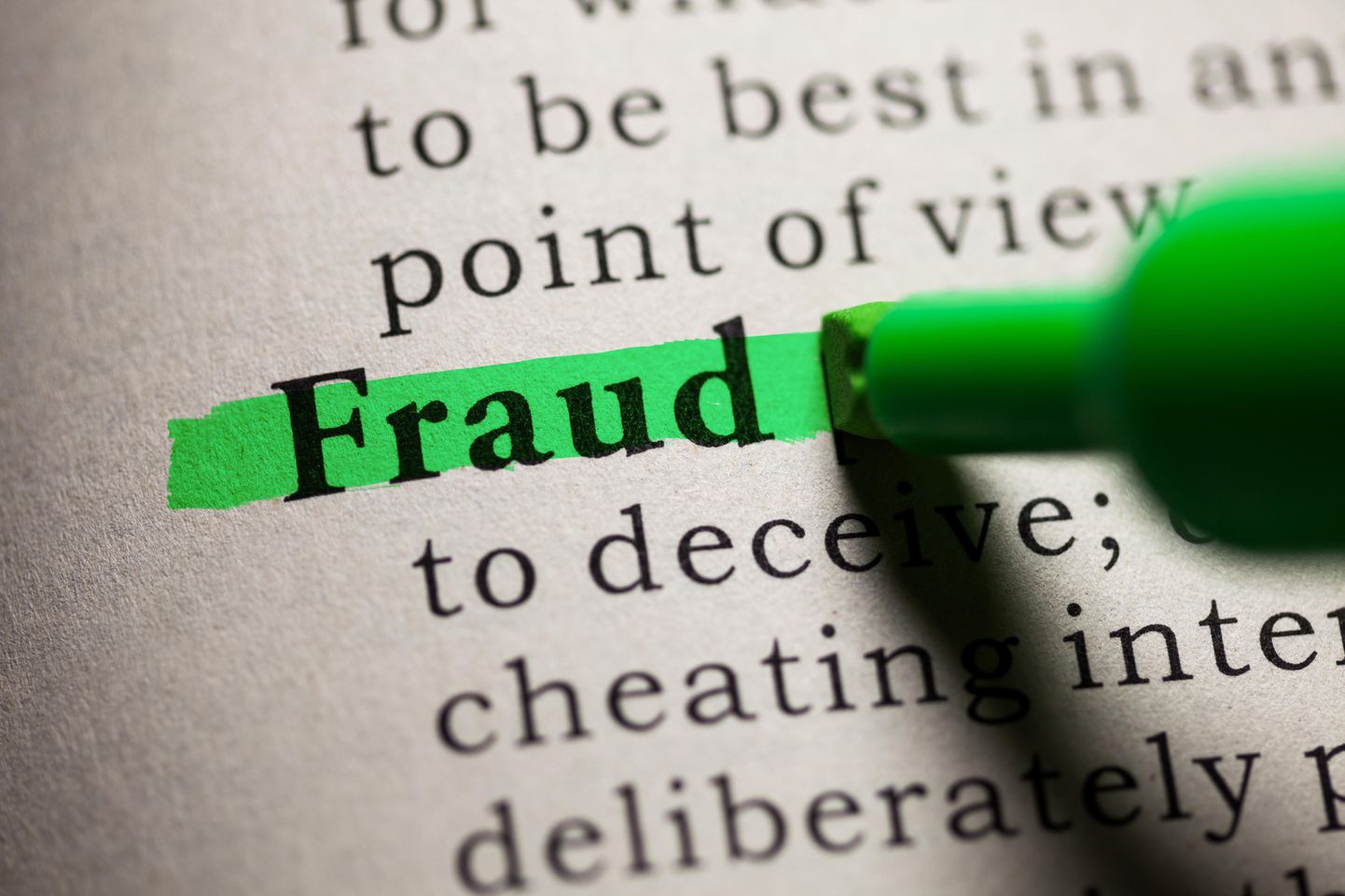
With science ethics, it's more than written rules or administrative guidelines. More than that, it's about moral principles. Though unwritten, they're vital just the same so as to ensure the functioning of science.

With science ethics, it's more than written rules or administrative guidelines. More than that, it's about moral principles. Though unwritten, they're vital just the same so as to ensure the functioning of science.
Legally, the «science publications factories» in existence are okay for scientist and publisher while the ethics of profession pose a problem. As well as the value.
By the US sociologist Robert K. Merton, four moral principles of science sound like this: collectivism, universalism, selflessness and organised scepticism. The «selflessness» part means that with publications personal gain is not to be pursued but the satisfaction in having solved scientific problems. With the very educational and career fraud, this principle has suffered.
Directly, such cheating touches but a small part of Estonian scientists. The problem, rather, is that the scientists themselves, the universities and Estonian Research Agency while long aware of the nature of the problem have but tossed the responsibility one to another.
To fight the fraud, first and foremost it’s the employers and financers who ought to be interested. While numbers of articles and the related assessment might be worth keeping, wisdom is needed in those who hire scientists to delve into essence of works published.
With an individual publishing dozens of articles yet being himself the only one to ever quote these – or his mother, let’s say – the ideas may not be the best.